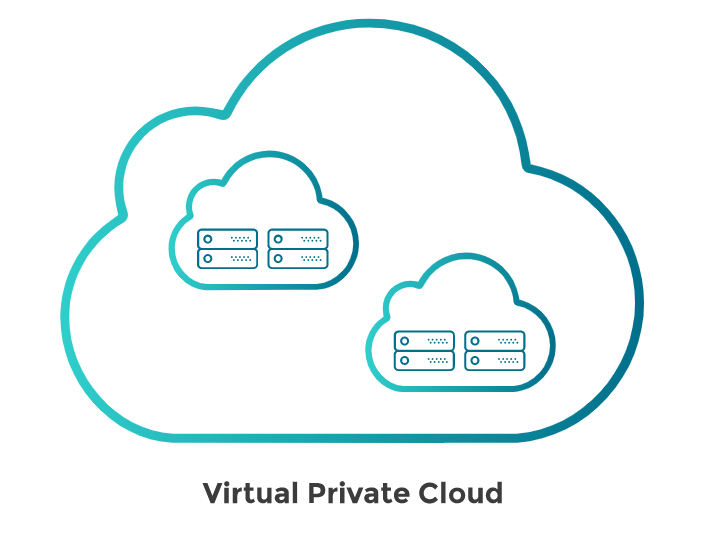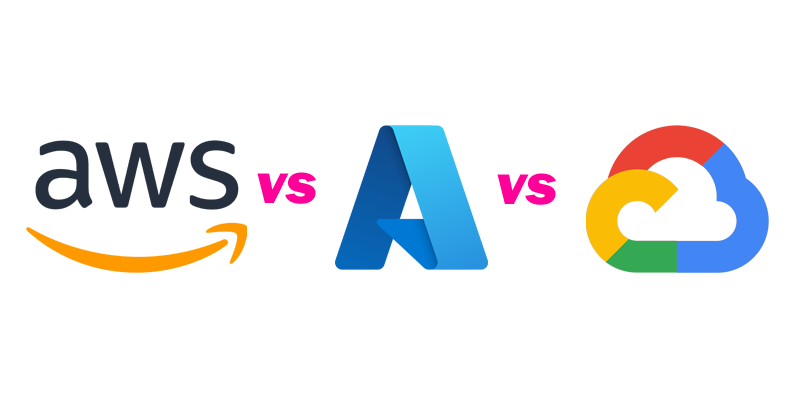In today’s time of digitalization and advanced analytics, the importance of Data Analytics and Business Intelligence cannot be overstated. No matter what size your company is, having access to accurate data is crucial for informed decision making especially in areas like enterprise resource planning, market analytics, and business operations. All of the decisions taken are dependent on accurate, timely, and cost-effective data analysis. And that’s where Business Intelligence (BI) tools come in – they allow you to harness and analyze your data to extract valuable insights and trends that make your company jump off the page in a competitive business landscape.
As small businesses rely on efficiency, they can achieve an even better advantage from BI tools when it comes to gaining insights into customer behavior, tapping into new revenue streams, improving employee productivity, and ensuring sustainability. Features like customizability, user-friendliness, scalability, and quality of control must be taken into account when selecting a BI tool. Similarly, we have compiled some of the best BI tools with their key features for small businesses to ace their decision-making.
Schedule a call with our experts for your business intelligence needs
Get Started
Microsoft Power BI is a powerful and versatile analytics platform that is both flexible and affordable, offering innovative features that set it apart from the rest of the BI tools. It is considered a leader amongst other BI platforms because of its robust self-service that allows it to tap data from on-premise and cloud-premise-based sources.
What makes Power BI the most popular BI tool is its ability to produce beautiful dashboards and reports for interactive visualization. Another noteworthy feature of Power BI is its ease of use for content consumers, this allows businesses to access powerful insights without the need for any specialized knowledge or expertise.

Tableau is a market-leading visual analytics platform that helps organizations of all types and sizes transform the way they use their data to make data-driven decisions. The platform supports the entire analytics journey, from data preparation to real-time analysis, and sharing insights with teammates and other stakeholders.
Its user-friendliness is one of the most prominent features, allowing users to create stunning and informative dashboards without knowing coding or programming skills. It opens up a playground for its users to create visualizations such as simple bar charts or pie charts, as well as complex ones like histograms, Gantt charts, and many others. An important feature of Tableau is its in-memory data connection to both live and external sources that permit users to combine data from multiple types of sources.

Sisense is a cloud-based business intelligence solution that uses its embedded analytics feature to share important company data. It offers a variety of BI features such as the ability to connect with data sources, low-code or no-code tools, augmented analytics, and self-service functions. It is a scalable tool that allows companies to pile up more data without crashing down servers.
Businesses can drive value through its customizable dashboards, and its interactive visualizations can move companies beyond charts and graphs. Sisnese is used by businesses to uncover internal data insights. For example, Sisense’s Fusion Embed solution empowers businesses to offer predictive analytics, and natural language querying of various skill levels.
Is your data in silos? Schedule a call with us to build centralized reporting
Get Started
Looker, a part of the Google Cloud suite, is a remarkably flexible and scalable business intelligence platform that analyzes data from numerous data sources and provides very insightful feedback, helping businesses to make essential data-driven decisions. It has established a strong presence in the market by providing sophisticated workflows and better customer experience, allowing users to easily create reports and send them on a scheduled basis.
Looker’s dynamic dashboards give teams access to reliable and accurate data for practicing decisions. Businesses can easily integrate data analytics into their own products and services through embedded analytics features. Looker’s ease of use for content consumers is evident through its intuitive user interfaces, interactive dashboards, collaboration features, and natural learning processing.

Zoho Analytics is a comprehensive self-service business analytics software that offers businesses a powerful suite to transform their data into actionable insights. It can be used to visually analyze data, create unparalleled data visualizations, and discover hidden insights.
One of the key advantages of Zoho is its ability to seamlessly integrate data from various sources like spreadsheets, text, databases, and popular business applications. What’s more exciting is that users can integrate real-time changes from their applications or databases into Zoho Analytics through its neutral API feature. And that’s not all – Zoho also lets its users set up their own reporting portal and provides an embedded business intelligence solution option.
Choosing the right BI tool for your business can be a daunting task when you consider the vast array of options that are available in the market. However, if you know your analytics goals and the specific informational requirements of your decision-making process, then it becomes surprisingly easy. The right BI tool is the one that is well-suited for your business needs, offers an easy-to-use interface that promotes fast navigation, and does data analysis for trend identification. With the right BI tool in place, small businesses can leverage their data to make data-driven decisions that will drive growth, allowing them to gain a competitive advantage in their respective industries. This will also contribute to their long-term success. If you are a business owner and are confused about choosing the right business intelligence tool for your business, then you have come to the right place. We offer business intelligence consulting so you can stay ahead of the game with better data management and processing.





















